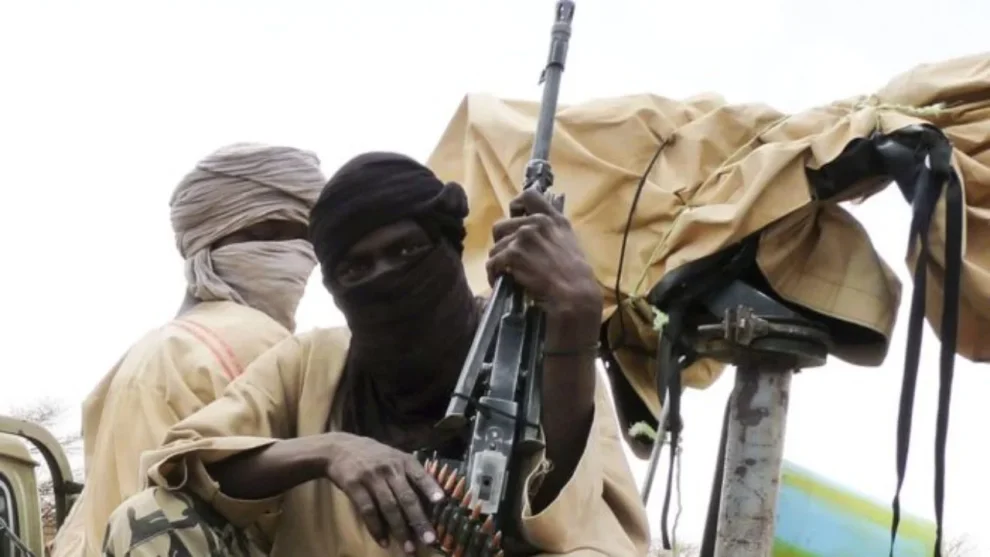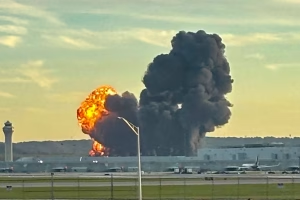A militant group affiliated with al-Qaeda in the Sahel region, Jama’at Nusrat al-Islam wal-Muslimin (JNIM), has claimed responsibility for an attack in northern Benin that it says killed 70 soldiers.
The claim was reported by the SITE Intelligence Group, a US-based consultancy that monitors extremist organisations, according to the Reuters news agency. If confirmed, this would represent the highest death toll claimed by jihadists in Benin, a French-speaking country bordering Nigeria, since the insurgency spread to the area.
In a propaganda message released last Thursday, JNIM stated that its fighters targeted two military posts in Kandi province, within the Alibori department. This region is located more than 500 kilometres (over 300 miles) from Benin’s capital, Cotonou.
Reuters reported that Benin’s army spokesman, Ebenezer Honfoga, was not immediately available for comment on the JNIM claim. Independent verification of the group’s statement remains pending.
JNIM, formed in 2017 through the merger of several al-Qaeda-linked groups, has been increasingly active in the Sahel region. A report by the Armed Conflict Location & Event Data (ACLED) notes that JNIM and its rival, the Islamic State group, have intensified their violent campaigns and rivalry since 2024, significantly altering the security landscape of the semi-arid region.
Having previously launched attacks from strongholds in Burkina Faso and Niger, JNIM expanded its operations into Benin and Togo between 2021 and 2022. The group has reportedly exploited ungoverned protected areas, including national parks bordering Benin, Burkina Faso, and Nigeria, to facilitate its cross-border movements and activities.
This latest claim follows a previous deadly attack in January, where suspected JNIM militants killed 28 Beninese soldiers in the Point Triple zone, a border region connecting Benin with Burkina Faso and Niger. A year prior, another attack in Benin’s Pendjari National Park resulted in the deaths of seven soldiers.
While this recent claim marks a potentially significant escalation of violence in Benin, neighbouring countries in the Sahel have experienced even more devastating attacks.
The ongoing violence in the Sahel has triggered a significant humanitarian crisis, further destabilising a region already struggling with severe climate conditions. The security challenges have also had geopolitical ramifications, with junta-led nations in the region severing ties with traditional Western allies like France and seeking military assistance from Russia. Despite these shifts in alliances, the threat of terrorism in the Sahel appears to be unabated.





Add Comment